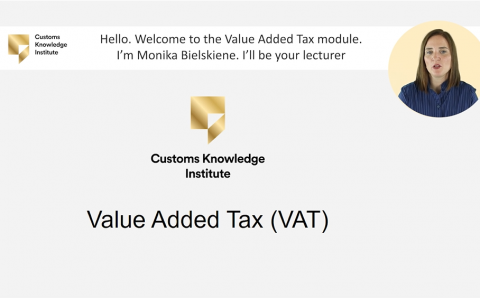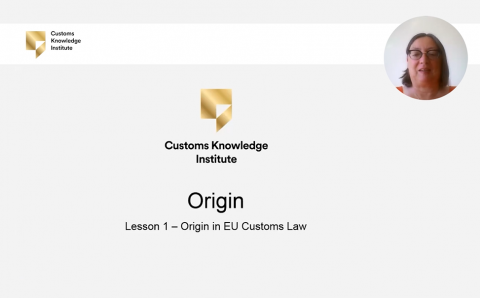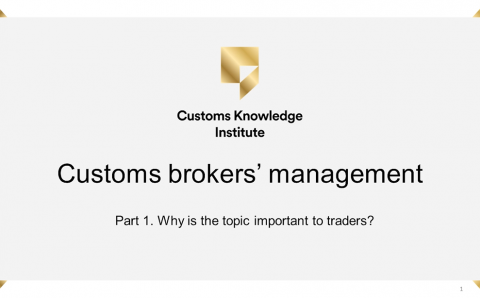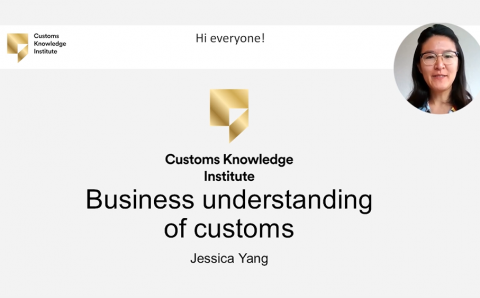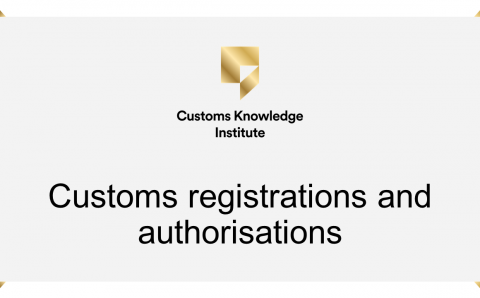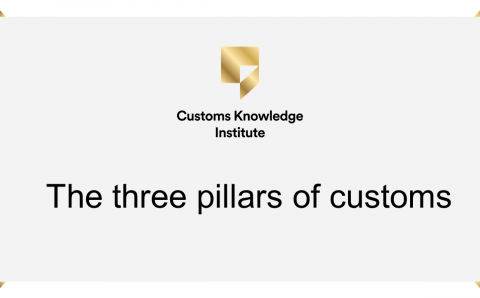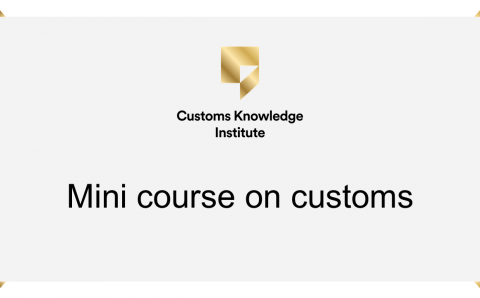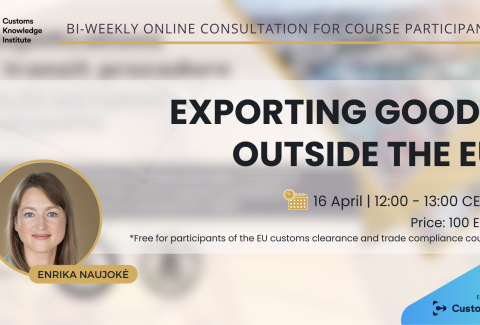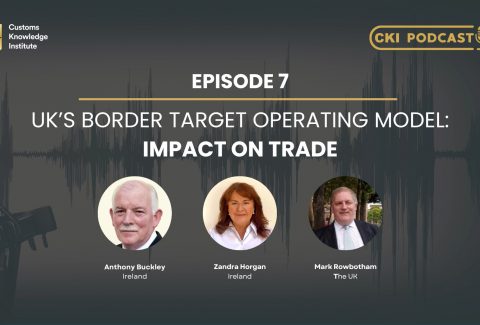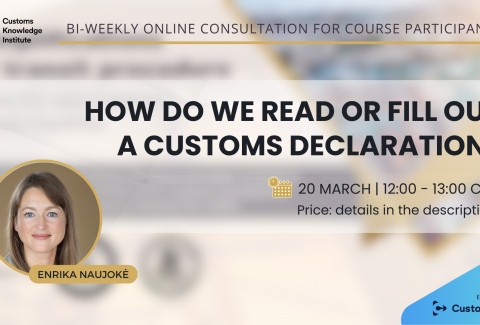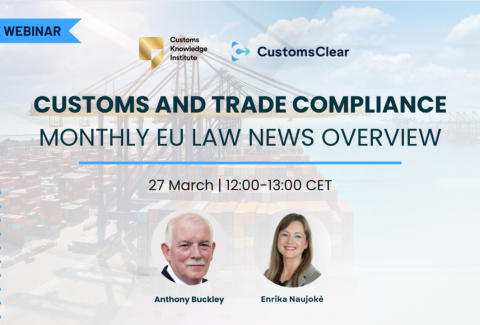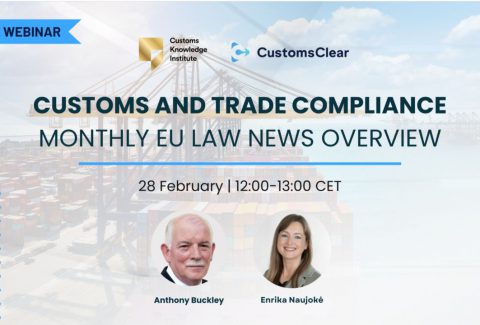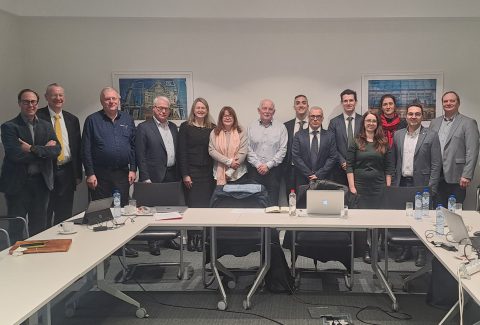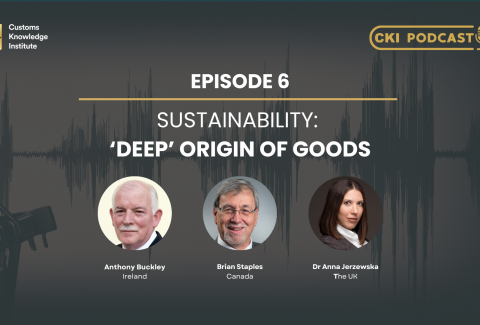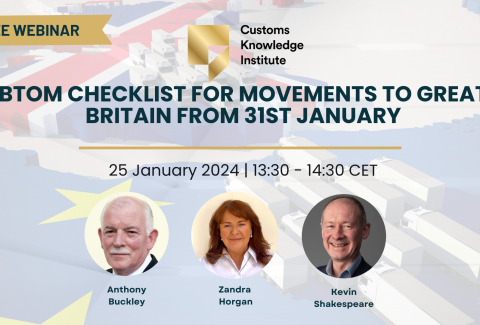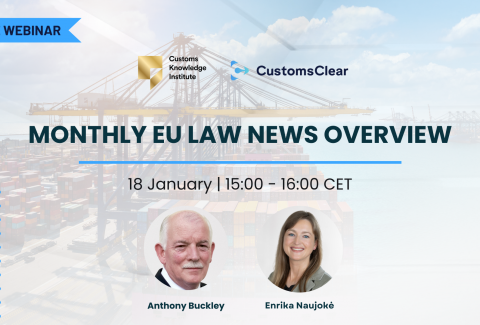Customs clearance in the UK in 2022: what could possibly go wrong?
2022-02-07 2022-08-16 12:58Customs clearance in the UK in 2022: what could possibly go wrong?
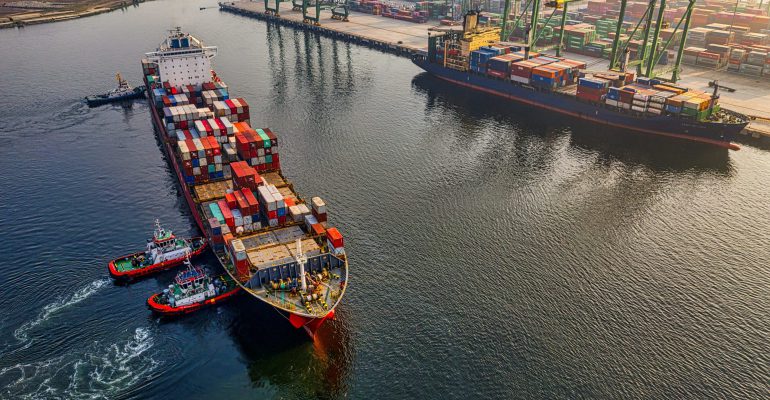
Customs clearance in the UK in 2022: what could possibly go wrong?

Jessica Yang
Director, JY XBorder Consulting Ltd.

Toby Spink
Director, BKR Consultants Limited
2022 is already the third year since the UK officially left the Customs Union with the EU in 2019. It is also the third year since covid emerged and changed every aspect of our lives. Both Brexit and covid have disrupted trade in unprecedented ways and continue to do so. Just as people are learning to live with covid, businesses are also learning to cope with the post-Brexit reality.
But there is little time to sit back and relax. More changes are expected in the customs world this year, leading to the need to make operational changes or strategic decisions. In addition, mistakes from 2021 could be picked up during customs audits this year. If they are not spotted this year, unfortunately, they remain a ticking bomb for a further three.
So what could possibly go wrong in 2022? Here are a few things that, Jessica Yang and Toby Spink in CCRM Journal for Practitioners in Europe, Issue 13, February / March 2022, advised to look out for this year.
Firstly, turning a blind eye to customs errors in the name of moving goods fast may stop them from moving.
This popular expression is often attributed to one of the most significant events in British naval history. At the battle of Copenhagen, Nelson chose to look through the telescope with his blind eye so that he could not see the signal to disengage. Luck was on his side, and victory followed.
However, business success is unlikely to follow when a blind eye is turned to customs errors. Errors could stop the goods at the time of import or export. They could also end business relationships. For example, claiming preferential treatment using “importer’s knowledge” when the importer does not have sufficient documentary evidence to show the goods have originating status is simply the wrong thing to do that could cause delays at the time of import. Similarly, making a “statement on the origin” at the request of the customer knowing that the goods do not qualify is also bad practice for which the customer is likely going to be the one who is punished, resulting in a business relationship going down the drain. Forgetting to get evidence from suppliers is also a mistake that should not be perpetuated because the longer it is allowed to go on, the more difficult it is to fix.
Remember, it is always better to spot errors as early as possible, so start looking now.
Secondly, deadlines could be missed!
2021 was the first year businesses in the UK trading with the EU using the post-Brexit transition customs rules. The good intention of the UK government to provide various easements meant that instead of one deadline, businesses must remember multiple deadlines as the easements ended.
The most important easement deadline lapsed on 1st January 2022 relating to the option to make delayed customs declarations. If importers missed this deadline, they would be importing goods without a customs declaration, i.e., unintentionally smuggling goods into the UK.
This is just one of the deadlines that have lapsed, so watch out!
Thirdly, the unwillingness to dispel false beliefs that responsibilities can be outsourced may result in costly surprises.
Businesses new to trading across borders have the tendency to carry on with the false belief that outsourcing equals passing on the responsibility to someone else. For example, businesses without existing in-house customs knowledge rely on customs agents to make important decisions for them, such as allocating a commodity code to their goods. Often, having provided a description of the goods imported to the customs agent, the business thinks that they do not need to verify the information they received from the “expert”.
“Surely, customs agents do customs declarations every day so they must know what they are doing?” Yes, but even if this is the case, the responsibility remains with the importer to verify the classification of the goods. This is important because the classification of the good defines the rate of duty applicable.
Determining the classification of the goods is just one typical example where businesses unknowingly overlook their responsibilities. Other areas include: valuation, origin determination, checking if customs declarations have been completed correctly, and retaining documents post-import. During a customs audit, the officer will not let the business off the hook when they hear the excuse “but we didn’t know, it was the customs agent who came up with this idea”.
So, dodge coronavirus but don’t dodge customs responsibilities!
Lastly, customs rules are changing constantly.
Not investing time and effort in staying on top of these rules will affect a business’ ability to trade. Customs is normally described as a minefield. With various deadlines lapsing and rules updating, the minefield is becoming increasingly dangerous to navigate. But the prize, in the end, is worth it, so people working in cross-border trade should not hesitate to invest time and effort to learn the language of customs. This includes staying on top of customs updates by attending webinars, actively pursuing learning opportunities such as further studies, even if the courses are short.
Being aware of the many things that could go wrong with customs in 2022 will make you think about how to minimize risks.
Related Posts
Customs and Trade Compliance | Monthly EU law news overview: April 2024
Online consultation: Exporting goods outside the EU
UK’s Border Target Operating Model: Impact on trade – Podcast, Episode 7
Online consultation: How do we read or fill out a customs declaration in the EU?
Customs and Trade Compliance | EU Law News Overview for March
Customs and Trade: EU law news overview: Jan/Feb 2024
Summary of the general meeting of the CKC members
Sustainability – ‘deep’ origin of goods – Podcast , Episode 6
BTOM Checklist for movements to GB from 31st January
Monthly EU law news overview – free webinar on 18 January
Search
Recent News
- Customs and Trade Compliance | Monthly EU law news overview: April 2024
- Online consultation: Exporting goods outside the EU
- UK’s Border Target Operating Model: Impact on trade – Podcast, Episode 7
- Online consultation: How do we read or fill out a customs declaration in the EU?
- Customs and Trade Compliance | EU Law News Overview for March

